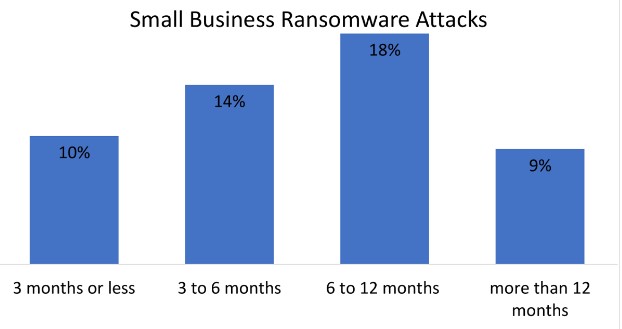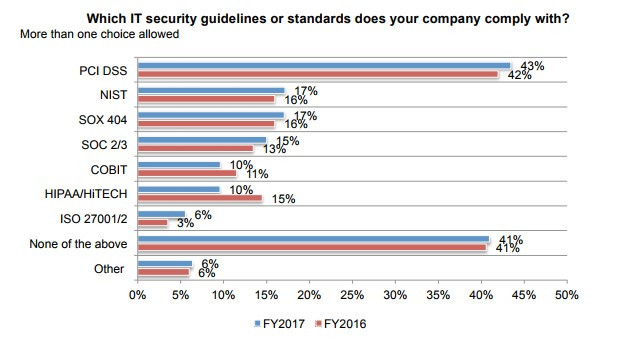An organization's Backup and Recovery strategy is one of the most important aspects of managing a business, especially in a world where more hackers seem to appear everyday and critical mistakes can happen in the blink of an eye. Do you know how to assure that your business is as secure as possible in the event of a disaster? A good place to start is understanding the various terminology associated with data backup and disaster recovery.
Macro Systems Blog


Network security is a crucial consideration for every single organization, especially ones that utilize the Internet. There were a lot of negatives and some positives that came out of 2017 in regards to cybersecurity. Listed below are some of the most troubling cybersecurity statistics collected in 2017, as well as suggestions on how to keep your company safe in 2018.
Cyber Criminals love the holiday season. Lots of people are spending large amounts of money online and in-stores for the perfect gifts for their loved ones. When there are so many people making purchases all over the world, there are limitless opportunities to steal information. Data such as credit card numbers and personally identifiable information can be taken and used to make people’s lives difficult during what is supposed to be the most wonderful time of the year.
With the increasing popularity of Cyber Monday sales, employees are probably tempted to shop during while 'on the clock'. There are numerous promotions exclusively available to online shoppers that take place during a business’ hour of operations. Most organizations allow occasional use of company time for personal use. Inevitably though some employees are going to take advantage of this generosity and abuse the privilege.
The cloud has changed the game for business technology, but perhaps its most important contribution has been to the backup and disaster recovery process. Businesses no longer have to suffer due to unforeseen circumstances such as hardware failure or cyber attacks. Instead, a cloud-based backup and disaster recovery solution, also known as BDR, can provide a considerable failsafe for your organization.
As holidays approach, most workers are unsure whether they will be able to spend their time at home with their families, or be stuck at the office trying to beat a critical deadline. The increase in mobile technology hasn’t made getting away from work any easier, but it has made it easier to work away from the office. How can you achieve a solid work/life balance?
For the majority of small and mid-sized businesses (SMBs), finding the best technology solution is the key to expanding. According to a recent study, businesses with 250 employees or less whose primary goal for 2018 is growth cited IT systems and technology applications as their top strategy for facilitating growth. However, in order for technology to provide the most sufficient amount of growth for your organization, they must be the right selection for your specific needs. By working with an Managed IT Service Provider (MSP), you’ll have a team of business technology solutions experts at your disposal at a fraction of the cost of hiring an internal IT department.
The current business environment is no longer merely an office setting filled with workstations. The office is the coffee shop down the road, or the airport lobby where you're waiting for a flight. It’s the client’s office while you’re out on a business trip, or the venue for a business conference where you make valuable connections and exchange contact information. The office has gone mobile; your organization needs to adapt to this shift.
The variety of malware known as ransomware erupted in popularity in 2016, encrypting victims’ files and demanding cryptocurrency payments to restore the data to the estimated tune of $1 billion. This may imply that large corporations are the primary targets of these cyber criminals; for some cyber criminals, they are.
You may have just learned of outsourced IT services, but you may be surprised to hear that they have been around for far longer than you previously thought. Even before managed IT, however, business owners and individuals alike were using the outsourced services of others to simplify operations and day-to-day tasks related to their technology management.













